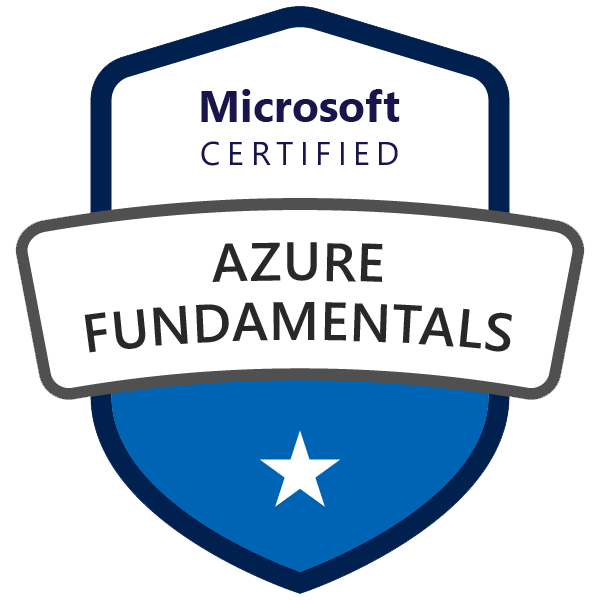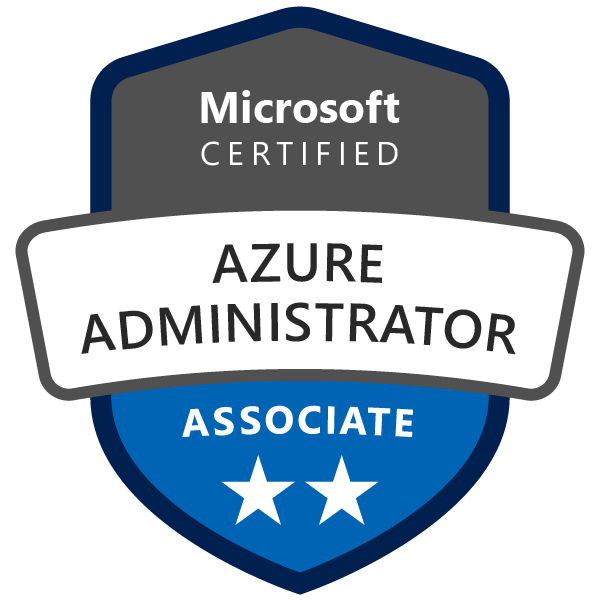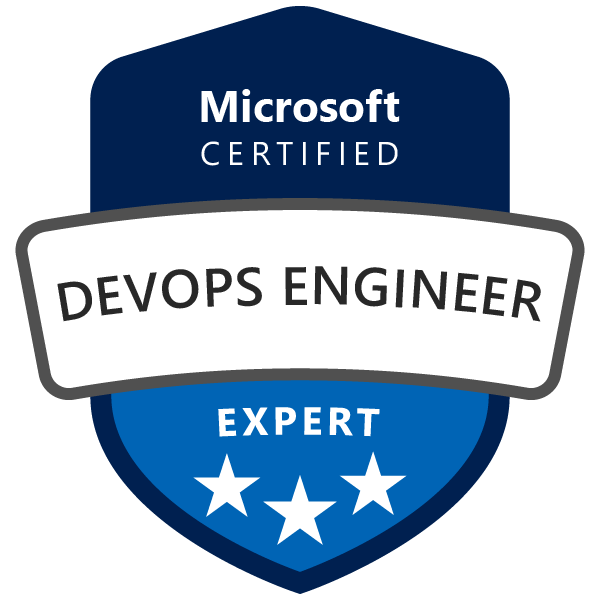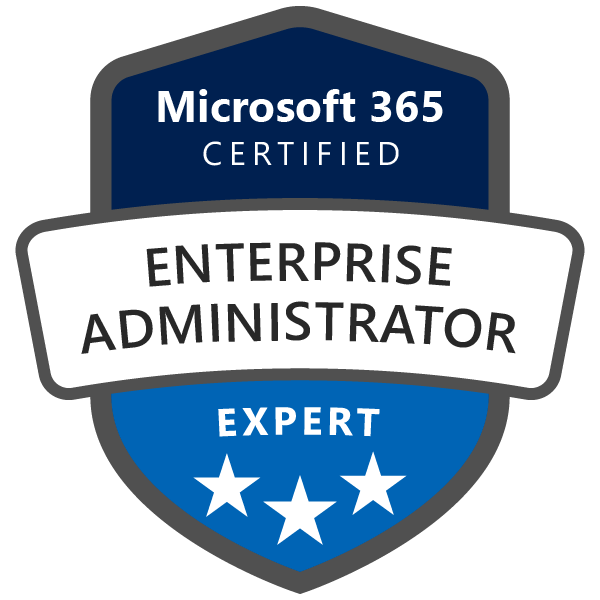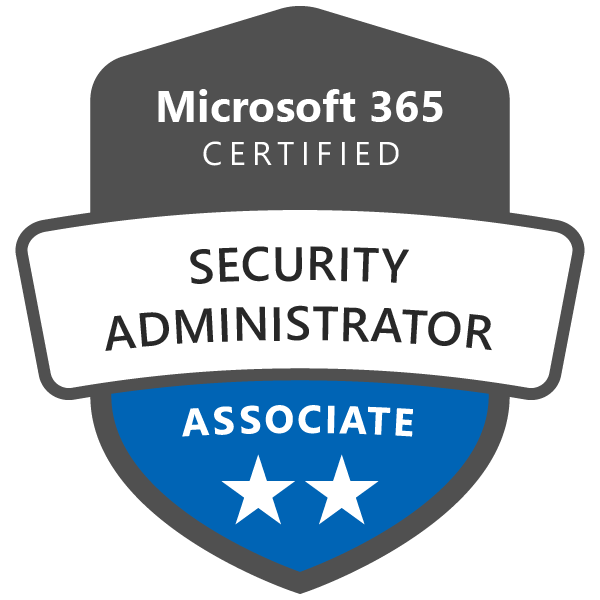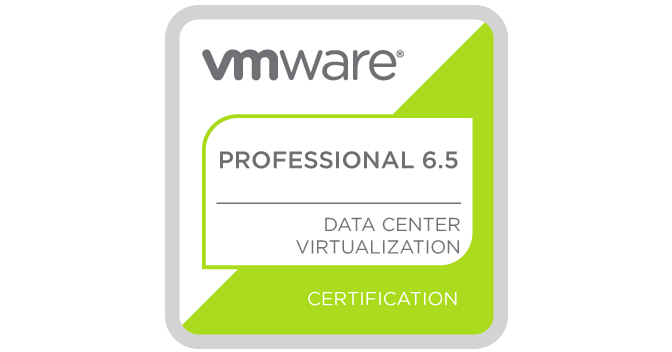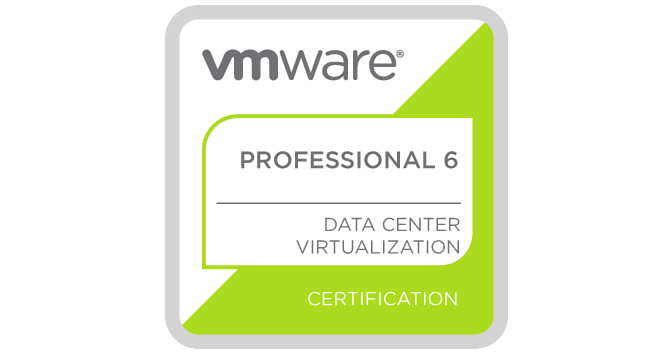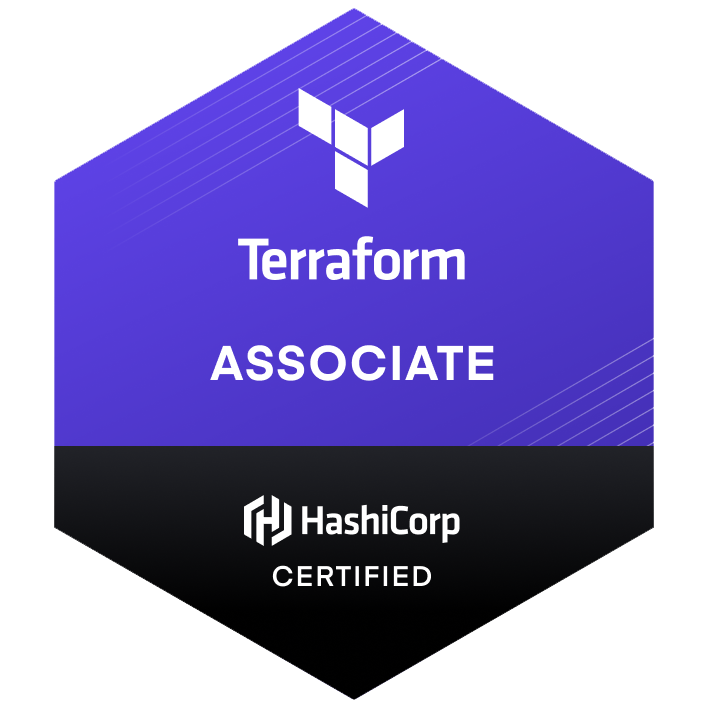To prepare for the Certified Kubernetes Administrator (CKA) exam, you'll need a solid understanding of Kubernetes concepts, architecture, and hands-on experience with Kubernetes cluster management. Here's a comprehensive guide on how to prepare for the CKA exam.
Understanding the CKA Exam
CKA Exam Overview
Review the exam objectives: Familiarize yourself with the exam objectives outlined by the Cloud Native Computing Foundation (CNCF). Visit the official CKA exam page to understand the skills measured: https://www.cncf.io/certification/cka/
The CKA exam focuses on the skills required to administer a Kubernetes cluster. It covers installation, configuration, and maintenance of the cluster and its components. The exam consists of a series of performance-based tasks that must be completed within 3 hours. <h3>CKAD Exam Overview</h3> The CKAD exam concentrates on the skills needed for designing, building, and deploying applications in a Kubernetes environment. The exam comprises a series of performance-based tasks that must be finished within 2 hours.
Key Exam Topics
Both the CKA and CKAD exams have specific domains and competencies you need to master. Here are the key topics for each exam.
- Cluster Architecture, Installation & Configuration
- Workloads & Scheduling
- Services & Networking
- Storage
- Troubleshooting
- Security
Kubernetes Documentation
Study the official Kubernetes documentation to dive deeper into specific topics and concepts: https://kubernetes.io/docs/home/
Kubernetes Training
The Linux Foundation offers an official training course, "Kubernetes Fundamentals (LFS258)": https://training.linuxfoundation.org/training/kubernetes-fundamentals/
Online courses
Enroll in an online course from platforms like Pluralsight or Udemy. These platforms offer comprehensive video lectures and practice labs for the CKA exam:
- Pluralsight: "Kubernetes Administrator (CKA) Certification Path": https://www.pluralsight.com/paths/certified-kubernetes-administrator
- Udemy: "Certified Kubernetes Administrator (CKA) with Practice Tests": https://www.udemy.com/course/certified-kubernetes-administrator-with-practice-tests/
GitHub Resources
Explore curated lists of resources, such as tutorials, blogs, and sample exercises to practice Kubernetes skills, such as the "awesome-cka" repository: https://github.com/krzko/awesome-cka
Hands-on practice
Gain hands-on experience by working with Kubernetes clusters. Set up your own Kubernetes cluster using Minikube, microk8s, or kubeadm, and practice deploying and managing applications.
Practice exams:
Take practice exams to gauge your understanding and identify areas that need improvement. The "Kubernetes Certified Administrator (CKA) Exam Simulator" (https://killer.sh/cka) provides a realistic exam environment.
Prior skills, knowledge, and experience
- Candidates should have experience using and administering Linux systems.
- Familiarity with containerization technologies, such as Docker, is highly beneficial.
- Experience with cloud platforms like AWS, GCP, or Azure can be helpful but is not mandatory.
Time spent on preparation
- The time needed to prepare for the CKA exam varies depending on the candidate's prior knowledge and experience with Kubernetes and related technologies.
- On average, candidates typically spend between 2 to 4 months preparing for the exam. This includes studying, taking online courses, and gaining hands-on experience with Kubernetes.
- It's essential to allocate sufficient time for each topic and practice hands-on labs to build the skills required for the exam.
Focus on understanding Kubernetes concepts, gaining practical experience, and identifying areas for improvement to increase your chances of passing the CKA exam.
Tips for success
Follow these tips to improve your chances of success in the CKA and CKAD exams:
- Get hands-on experience: The exams are performance-based, so hands-on experience with Kubernetes is crucial.
- Understand exam domains: Familiarize yourself with the exam domains and focus on areas where you're less confident.
- Master kubectl commands: Proficiency in kubectl commands will save you time and help you complete tasks more efficiently.
- Practice time management: Both exams are time-constrained, so practice working under pressure to ensure you can complete all tasks within the allotted time.
- Use bookmarks: During the exams, you can refer to the Kubernetes official documentation. Bookmark relevant pages to quickly access them during the test.
Conclusion
With this ultimate Certified Kubernetes Exam Guide, you're now equipped with the knowledge, resources, and strategies to tackle both the CKA and CKAD exams. Good luck on your journey to Kubernetes certification!




